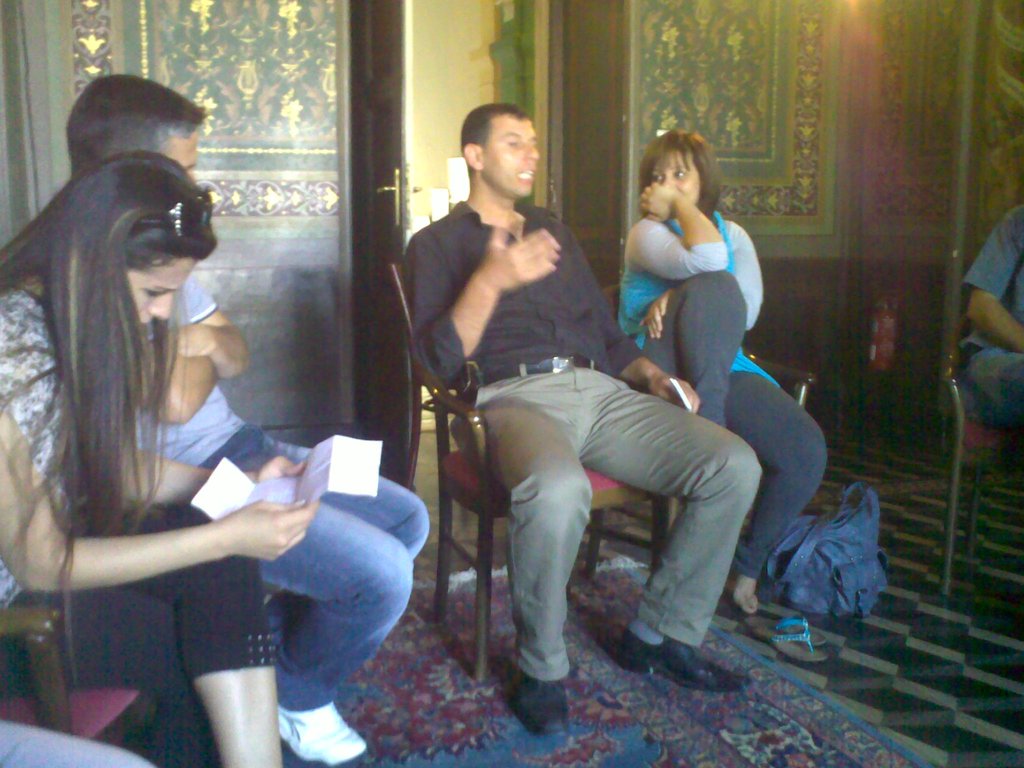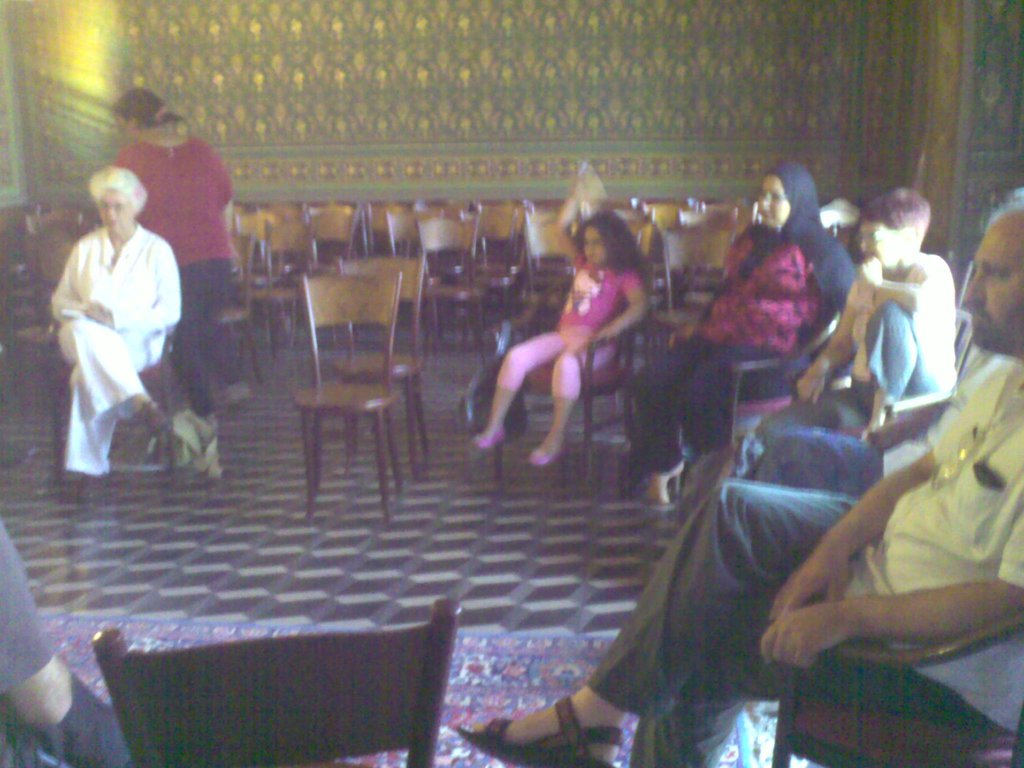By Dr. yehuda Stolov | Executive Director
The 33rd Israeli-Palestinian retreat of interfaith encounter was jointly held between 21-22 July 2011 at the beautiful Austrian Hospice in the heart of the Old City of Jerusalem, by the Interfaith Encounter Association and the Palestinian Peace Club from Yata (south of Hebron). The theme was: "Who Can't We Marry?" and it brought together people from Yata, Hebron, Bethlehem, Ramalla and Jericho in the Palestinian Authority, and from Jerusalem, Haifa, Tel Aviv and Arad in Israel.
After a brief welcome and introduction by the directors of the two organizations, Mr. Raed Abu-Eid of PPC and Dr. Yehuda Stolov of IEA, and a round of getting acquainted, we went straight to the theme of the retreat: "Who Can't We Marry?"
The Jewish perspective was presented by Rabbi Bob Carroll. The conversation this time was weaved into the presentation, with people asking and commenting.
Some of the points touched were:
The Muslim perspective was similarly studied. Mr. Raed Abu-Eid presented the Muslim relevant laws and comments and questions by all participants were part of it. Points that were discussed included:
Then came the time to go deeper and more personal. Michelle Friedman introduced the following question to the group: since most of us are married – let's create a list of the things that sustain our marriages. Here are some of the points that were mentioned:
One of the participants shared a Muslim story: Prophet Mohammad gave a coin to each of his wives and asked her not to tell anyone. Then he declared to all his wives that he loves most the one who has the coin…
Finally we held a concluding circle in which everyone shared their reflections of the retreat. After having coffee or soft drinks in the lovely garden of the Austrian Hospice, we fare welled, already looking forward to the next retreat.
Links:
Project reports on GlobalGiving are posted directly to globalgiving.org by Project Leaders as they are completed, generally every 3-4 months. To protect the integrity of these documents, GlobalGiving does not alter them; therefore you may find some language or formatting issues.
If you donate to this project or have donated to this project, you can receive an email when this project posts a report. You can also subscribe for reports without donating.
Support this important cause by creating a personalized fundraising page.
Start a Fundraiser
